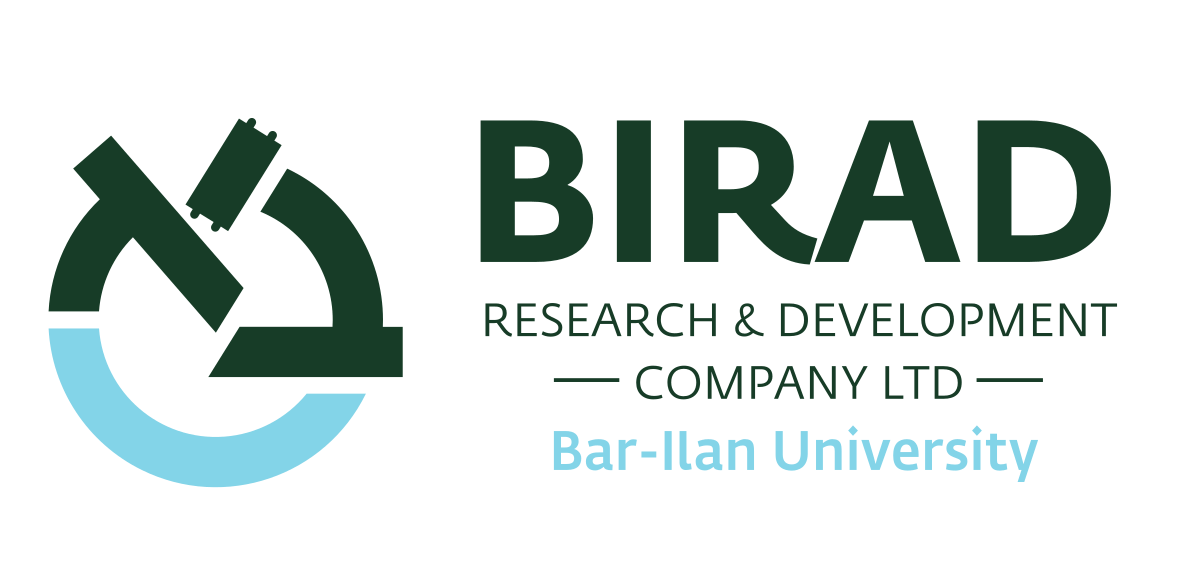Entrepreneurship needs money

article part one
By Dr. Tsvika Ben-Porat. Chief Executive Officer (CEO) of BIRAD. Author of the book Three’s a company – Man, Entrepreneur and Manager
“Money isn’t everything as long as you have enough.”
Malcolm Forbes
Throughout my years in the world of business entrepreneurship I have witnessed thousands of entrepreneurial ideas, all of which had one common denominator: they required an investment of money to transform them from a ‘weekend’ idea, a technical invention or
– into a business. Furthermore, the required investment was often a great deal of money. Sometimes it seemed to me that the required investment was marginal, trivial even, but when we got to the stage of preparing a business plan it became clear that the necessary investment was not only several times larger than previously thought, but even its flow of capital was completely different from what had been estimated. Sometimes what seemed right when we began planning turned out to be completely wrong in the end. It may seem that the required investment is minimal, but a closer look will reveal a need for tens of thousands of dollars more. For instance, it is possible that the business plan will reveal the following difficulty: a comprehensive study showed that the process of business entrepreneurship cannot be put into effect without spending great sums of money on the purchase of a certain machine or equipment to check the product. Often it is not possible to get outside service (outsourcing) for certain processes and a machine or testing equipment has to be purchased. This not only significantly increases the costs, it also alters the capital flow. But then, further study reveals that these machines can be obtained through leasing. Again, this is reflected in the capital flow of the new business venture.
It is not only a business activity that costs money. Preliminary actions such as, for example, the registration of a patent, are also costly. It is not enough to have a superb idea or to be a great, professional inventor. You also have to know how to protect your patent, and for that a series of actions have to be taken, sometimes across the world. All of this costs a lot of money.
An additional example in this context is the high cost of preliminary operations that are no less basic, such as searching for information, locating suppliers, locating potential clients, international distributors or investors, dialogues with investors, preparing a business plan, constructing an effective presentation and other related preparations. Almost all of these activities cost a great deal of ‘cash in hand’, which the innovator or hardworking entrepreneur has to put out even before the process of developing the business itself.
Often we hear from those who have thought up excellent ideas for the development of a product or new service, or an update for an existing product, and come across a completely different clientele. They say something like: “If only I didn’t have a problem of money….” In principle, they are saying that if they didn’t need clients it would make work a lot easier, or that if they didn’t have to locate suppliers and employees, it would be a lot easier to manage the business. Money is a handicap for certain people and for others it is a golden opportunity to improve the final outcome
In the area of financing, it would be a mistake to consider money to be a hindering or hampering factor. The stage of financing has to be treated as a springboard to the commercial stage. The financing of a project, a product or the process of development and marketing, is the starting point. Careful thought early on to the financial aspects can forestall difficulties and mishaps that may have turned up later and resulted in a dud investment.

Recent Comments